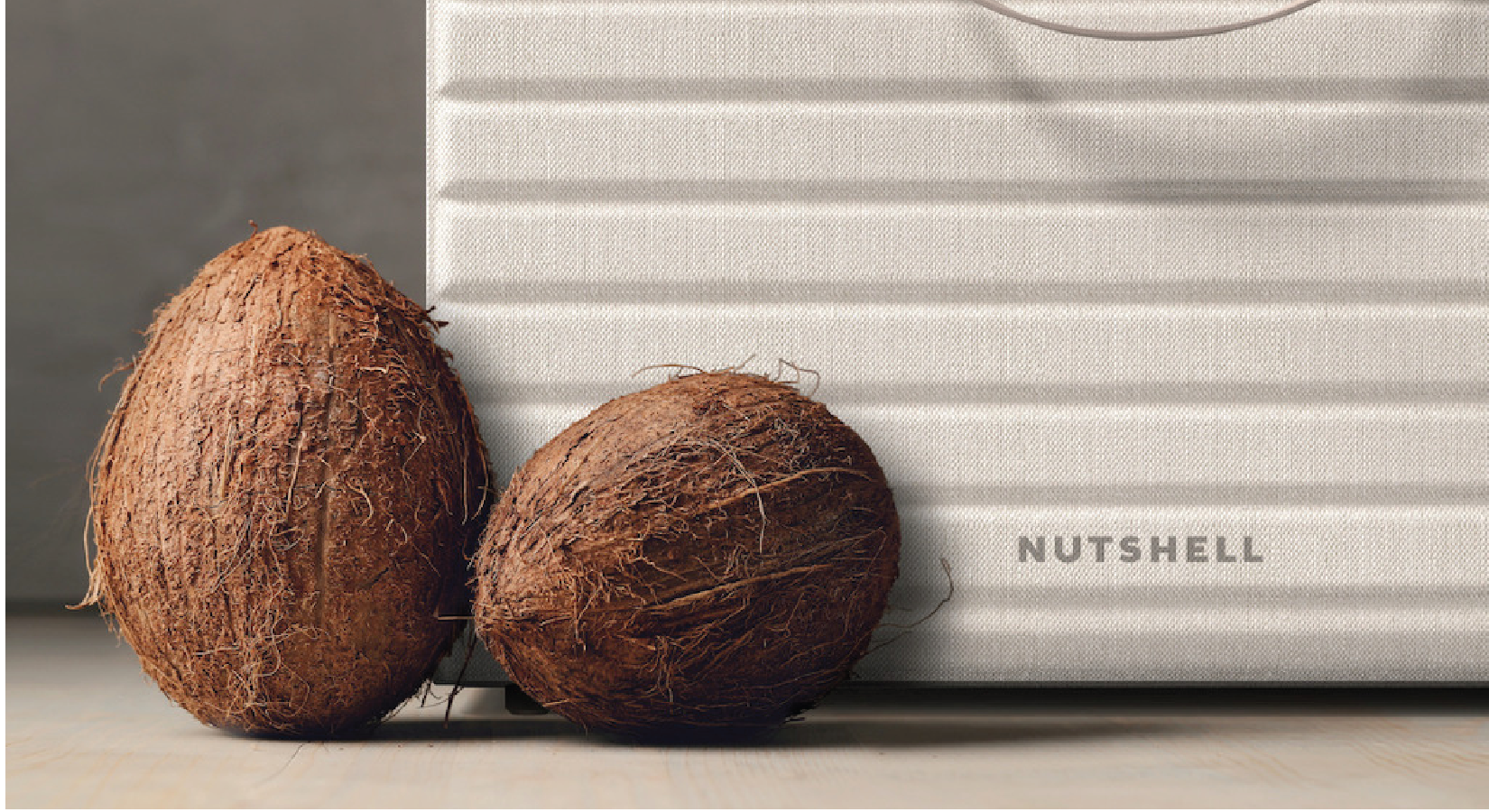
Article by
For every coconut crack to make oil about one pound of husk gets left behind. Farmers often burn these massive piles or just leave them to rot but not in the province of Sio-Uin.
One company in Sio-Uin transformed Coconut husks into biodegradable insulation for coolers.
Farmers in the Philippines are repurposing coconut husks into biodegradable insulation for coolers, instead of burning or leaving them to rot. This innovation aims to replace plastic foam, which is hard to recycle and often ends up in waterways, with a more sustainable and eco-friendly solution.
Nearly 350 million coconut trees grow in plantations all over the island nation. Farmers like Edgardo and Tio harvest their trees every 3 months.
Coconut husks are being used for insulation instead of being discarded. Fortuna Cools Factory receives up to three truckloads of whole coconuts a day from 250 small farms within miles of the processing plant. The husks are dried for up to a week before going to a decorticating machine to be crushed and spun into insulation.
Coconut husks are used to make insulation for cooling bags. The fibers and cocoa pit from the husk are used for irrigation and insulation material. The process involves sifting, layering, stitching, pressing, and cutting to create coconut insulation.
Coconut husks were used to create high-performance and affordable coolers for fishermen. The initial products were made of plastic but were not durable and had to be replaced often. The use of coconut husks as a prototyping material led to the creation of efficient and collapsible coolers for fishermen.
Coconut fiber can be used for insulation as a replacement for plastic foam. Coconut fiber has trapped air pockets that provide natural insulation. Styrofoam coolers are extensively used in the Philippines for seafood insulation, but they easily break down into microplastics.
Microplastics from foam coolers harm marine life and human health. Microplastics in the digestive system of fish can lead to their death, disrupting the ecosystem. Polystyrene foam contains carcinogens and poses risks to human health, while its recycling is challenging.
Fishing ports in Japan and the British seafood market are replacing plastic foam with natural fiber coolers.
Fortuna Cools is replacing plastic foam with coconut-based coolers for both seafood suppliers and regular consumers. The Nutshell coolers are made using coconut husks for insulation and recycled plastic bottles for the outer liner.
Coconut coolers are gaining popularity as an eco-friendly alternative to plastic foam. The company has sold over 1,000 nutshell coolers and is aiming to make them completely biodegradable. The company processes more than 600,000 coconuts and aims to support struggling coconut farmers.
 Monthly "Azeem English Magazine", launched in 2000, records the information about diverse fields like mental health, literature, research, science, and art. The magazine's objective is to impart social, cultural, and literary values to society.
Monthly "Azeem English Magazine", launched in 2000, records the information about diverse fields like mental health, literature, research, science, and art. The magazine's objective is to impart social, cultural, and literary values to society.
+92 51 88 93 092
First Floor, RAS Arcade, Eidhi Market, Street#124, G-13/4, Islamabad, Pakistan, 44000.